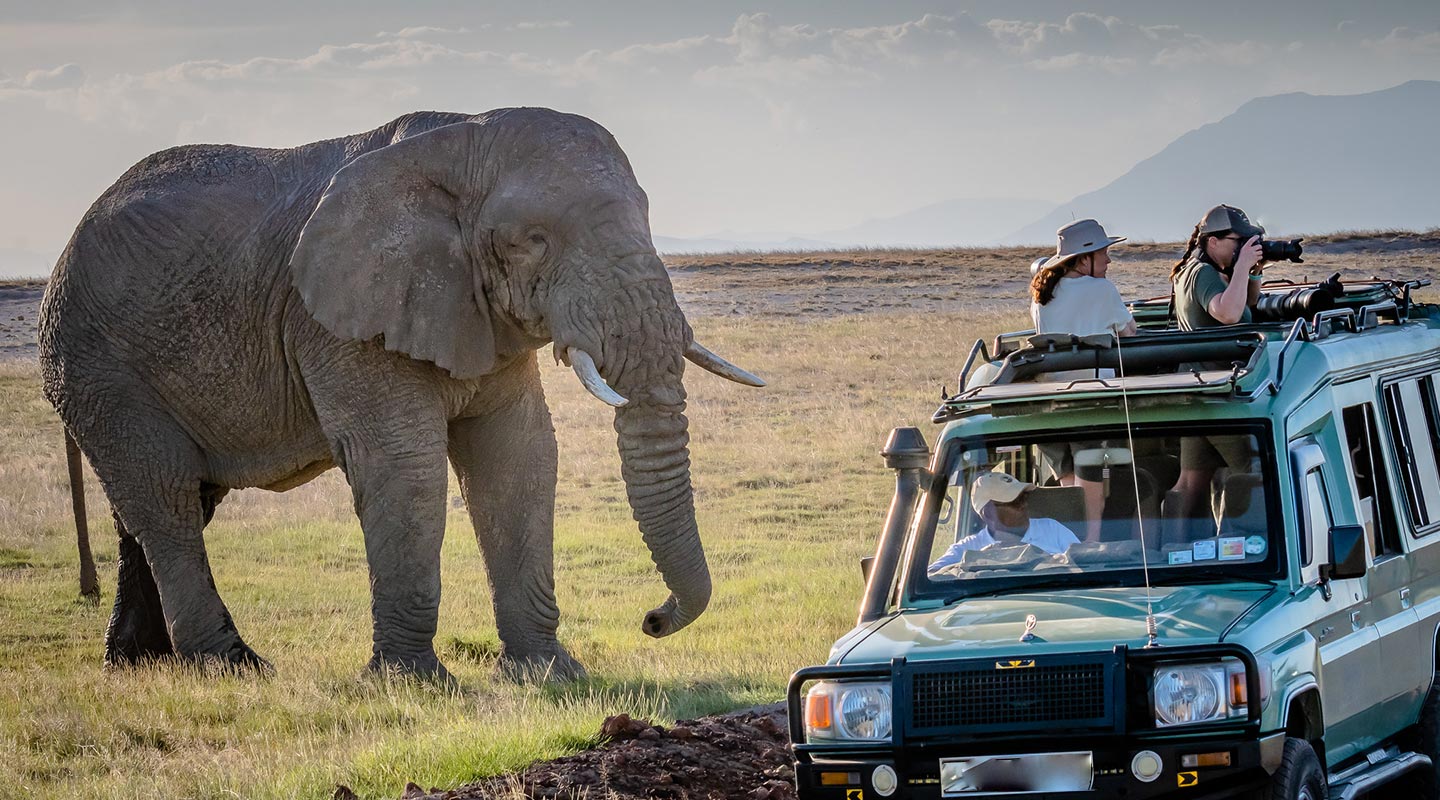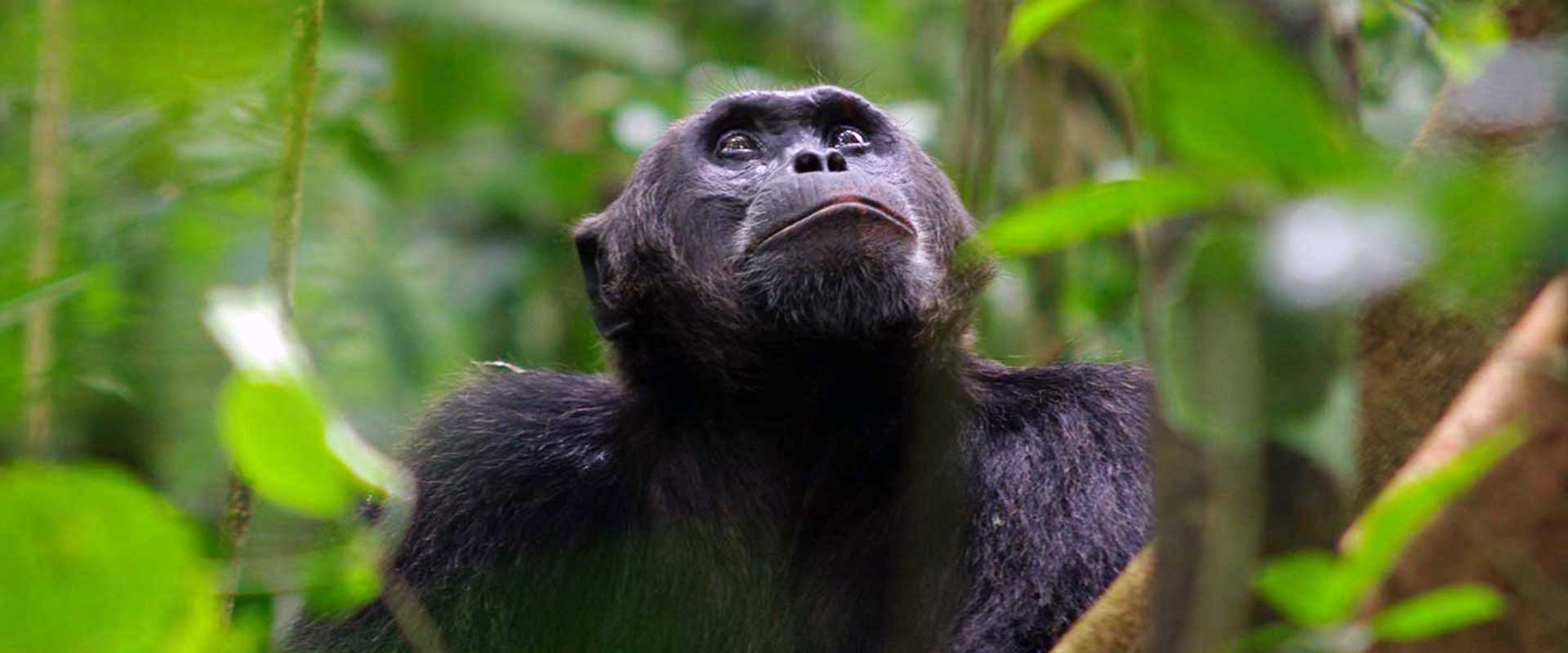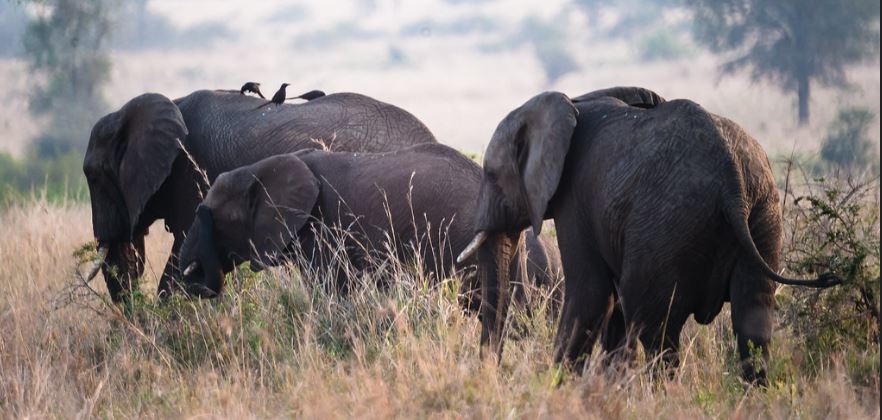Facts About Zebras Facts about zebras in Africa (Uganda and Rwanda). Zebras are among the…

What to Expect During Uganda Safaris
What to Expect During Uganda Safaris -Gorilla Trekking Holidays
What To Expect During Uganda Safaris? Uganda undeniably has a thriving tourism sector, which is centered around its 10 beautiful National Parks as well as historical and cultural sites, Wildlife Reserves, and to a great extent the hospitality sector.
Striking features that are most like found in the safari destinations around the country are wildlife species, a wide array of birds, and breathtaking sceneries and landscapes.

Kick-starting at the main entry point of the country (at Entebbe), most Uganda safaris head to the west where most National Parks are found. Expect the likes of Lake Mburo, Queen Elizabeth, Kibale Forest, Semliki, Rwenzori Mountains, Bwindi Impenetrable, and Mgahinga Gorilla National Parks.
Given Uganda’s strategic location at the heart of Eastern Savannah and western jungle habitats, the country enjoys a remarkable terrain for a wide range of safaris.
Uganda’s breathtaking landscape/terrain is perfect for you to experience classic game drives along the beautiful savannah grasslands searching for big five games, or donning on sturdy hiking boots to climb the magnificent mountains. Trek exceptional primates through the verdant rainforest.
Birding excursions are unrivaled with the wide range of natural habitats drawing a plethora of bird species that include the elusive shoebill storks.
The must-visit big five Parks for Uganda safaris include Murchison falls, the endowed Queen Elizabeth Park, the lush Bwindi Impenetrable, the remote Kidepo Valley, and the secluded Kibale Forest National Parks.
A face-to-face encounter with the mountain gorillas and the rare sighting of a lion, leopard, or cheetah is an experience worth treasuring and sharing during these safaris.
Why undertake Uganda Safaris?
Before anything else, Uganda is famed for being the “Pearl of Africa” and therefore every safari lover’s dream destination.
It is only in Uganda that travelers are introduced to the exceptional sight of chimpanzees roaming in large groups within Kibale National Park, Budongo and Kalinzu forests as well as Kyambura Gorge in Queen Elizabeth National Park.
Additional primates to explore include the black and white colobus monkeys, vervet monkeys, Olive baboons, De Brazza’s monkeys, L’Hoests monkeys, and grey-cheeked mangabeys.
It would interest you to know that the last mountain gorillas are properly protected and habituated within the dense Bwindi Impenetrable Forest.
It is therefore no brainer that gorilla trekking in Uganda is life-changing and emotionally rewarding.
There is also no exaggeration that is every bird lover’s sought-after safari destination is Uganda with over 1080 bird species (10% of the World’s total bird species).
As a keen birder is likely to see shoebills storks, green-breasted pitta, handsome francolin, or even the purple-breasted sunbirds. Like the face-to-face encounter with mountain gorillas, it is life-changing to see the elusive shoebills storks.
How long should a typical Uganda Safari last?
The duration of a typical Uganda safari largely depends on your personal interests, the number of activities you plan to undertake, and several other parameters.
Travelers with plans of trekking the mountain gorillas are advised to first fly into the country via Entebbe Airport then spend a night at different accommodation facilities along the tranquil shores of Lake Victoria.
Afterward, fly out or enjoy a long scenic drive to the southwest-Bwindi Impenetrable and Mgahinga Gorilla National Parks the following day.
To have the best out of these trips, double treks are recommended given the fact that the first one is usually overwhelming and nerve-wracking hence you won’t be able to take it all in.
Visitors are free to drive or fly back to Entebbe after the gorilla tour or opt to explore other destinations such as Queen Elizabeth National Park, Lake Bunyonyi, Mgahinga, Kibale, Murchison, and Lake Mburo National Parks which will need a couple of days.
On average, you will need 5-7 days to enjoy the highlights of Uganda safaris-gorilla trekking, wildlife viewing, and chimpanzee treks.
When to go for Uganda Safaris
Uganda is a remarkable all-year-round safari destination, although the wet months-March, April, May, October, and November make a booking of logistics a little challenging.
Additionally, the heavy downpours worsen the difficulty of treks within Bwindi Impenetrable, Mgahinga Gorilla, and Kibale Forest National Parks hence making mountain slopes muddy and slippery.
However, something good can come out of this difficult situation like blooming of flowers hence best birding season, as well as increased fruiting thus treks, tend to be shorter.
The peak season for Uganda safaris is within the dry months from June to September and December to February.
What To Expect During Uganda Safaris -Great Destinations
Murchison National Park

The spectacular Murchison falls National Park was named after the World’s most powerful waterfalls, which was also christened by Sir Samuel Baker.
Being the country’s oldest and largest animal Sanctuary, the Park boasts flourishing savannah plains, verdant riverine woodlands, dense rainforests, and ferocious waterfalls.
Among the things that draw visitors to this Park are the 76 mammal species, 450 bird species, and magnificent landscapes and sceneries.
Bwindi Impenetrable National Park

What To Expect During Uganda Safaris in Bwindi National Park. Bwindi Impenetrable Forest is a dense ancient rainforest that survived the last Ice age and sprawls within the southwest of the country.
It gained its National Park status in 1991 and three years later declaration to be a UNESCO World Heritage Site, owing to its rich ecological diversity.
Half the World’s surviving mountain gorilla population is found in this untouched jungle thus making it our number one pick for gorilla safaris.
Queen Elizabeth National Park
Queen Elizabeth Park takes pride in its high biodiversity rating of any Protected Area on Earth with almost 95 mammals and over 620 bird species.
The 1978-square kilometer Park is popular for its extraordinary tree-climbing lions, high concentration of hippos and Nile crocodiles, and spectacular landscapes.
Kidepo Valley National Park

Kidepo Valley National Park is one of the most prized yet less explored destinations in Africa with about 77 mammal species, about 475 bird species, and one of the most remarkable landscapes.
It is in Kidepo that the country’s rarest wildlife species such as cheetahs, Ostriches, lesser and greater kudus are found.
Kibale Forest National Park
At the west is the stunning Kibale Forest National Park, a haven to over 1500 chimpanzees that are part of the 70 mammal species that call the Protected Area home.
This 795-square kilometer Park is also a birdwatcher’s paradise, especially for those interested in forest birds and Afro-tropical biome bird species among others.
